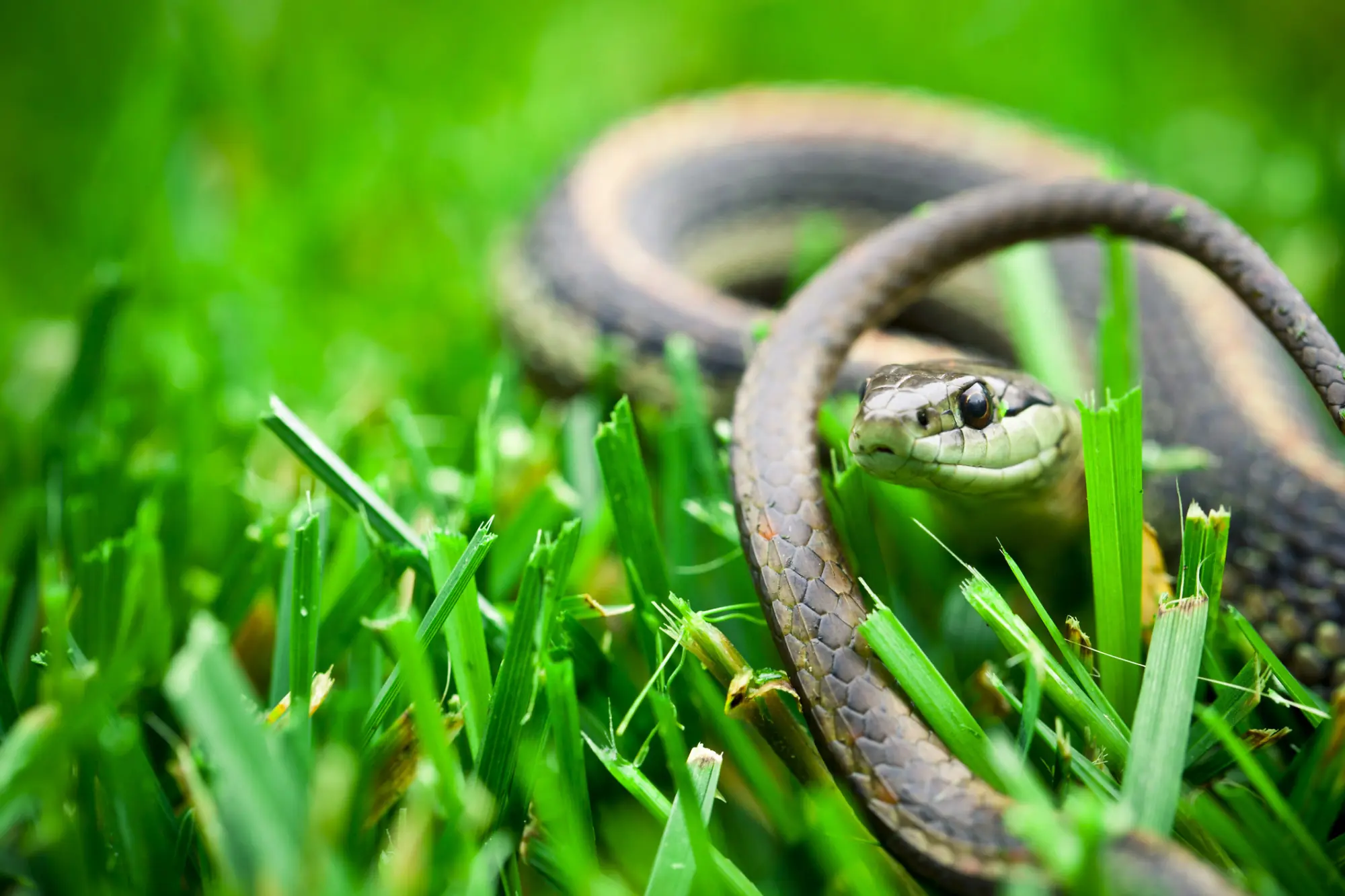
When buying garlic, no matter how cheap these 4 types are, don't buy them, as eating them will only harm you more.
4 Types of Garlic You Should Not Buy
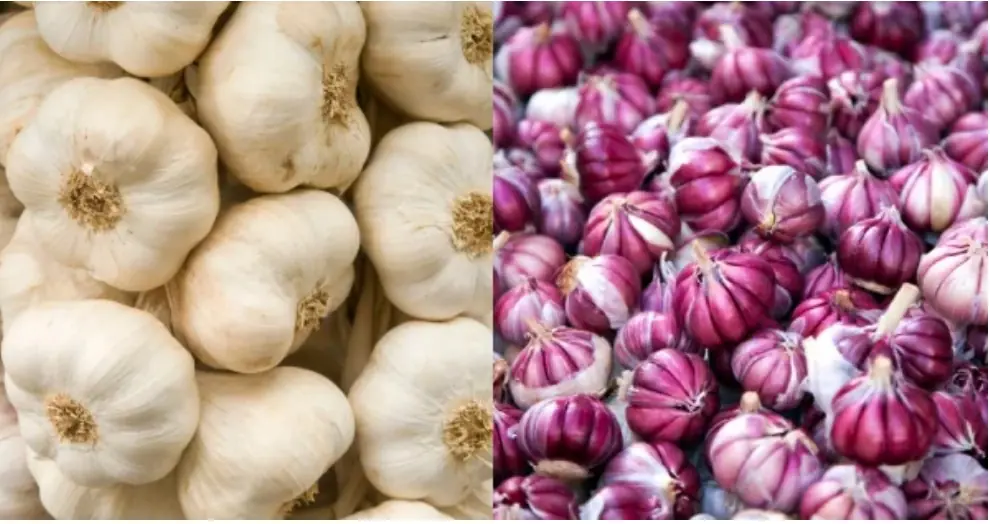
-
Garlic with Sprouts
Garlic that has sprouted is still edible, but its flavor is no longer as fresh as before. If you're planning to store it for later use, it is not recommended. It's better to buy garlic bulbs that are just right in age and still intact rather than sprouted garlic. -
Moldy or Damaged Garlic
If you notice that the garlic shows signs of mold or damage, you should avoid buying it because it contains harmful bacteria and mold that can negatively affect your health. Mold produces toxins like aflatoxin, which can cause the body's cancerous cells to proliferate, leading to dangerous diseases.
Consuming moldy or spoiled garlic can cause several digestive issues. Acute symptoms include stomach pain, nausea, and food poisoning. In high enough quantities, aflatoxins can cause severe poisoning, which may be life-threatening.
When buying garlic, check the skin carefully. If you see black or gray spots, or if the garlic cloves are soft and have a strange smell, it's moldy or damaged and should not be purchased. -
Overly Large Garlic Bulbs
The size of a garlic bulb can reflect its quality. Smaller bulbs often have better flavor. Excessively large garlic could indicate the use of chemical fertilizers or growth stimulants, apart from the garlic variety. Garlic with chemical residues not only affects flavor but can also have adverse effects on health.
Choose garlic bulbs that are of moderate size, round, and feel firm in your hand. -
Pre-Peeled Garlic
Many people prefer pre-peeled garlic because it's convenient and saves time. However, pre-peeled garlic is more prone to oxidation, which diminishes its natural flavor. It’s best to buy garlic with its skin intact to ensure better quality.
Tips for Choosing Garlic
-
Check the Stem of the Garlic Bulb
You should check the stem where the leaves were cut off during harvest. Observing this cut will help you determine the age of the garlic. If this area has many layers of skin, the garlic is still fresh and young, with a milder flavor. Older garlic typically has thinner skin, higher nutritional value, and a stronger fragrance. -
Look at the Roots
When buying garlic, pay attention to the roots. Some bulbs still have roots, while others do not. Garlic roots help maintain moisture and nutrients inside. If the roots are cut off, the water in the bulb evaporates quickly, making it harder to store and causing the garlic to shrink. Garlic with roots is easier to store than garlic with no roots. -
Feel the Garlic with Your Hand
When purchasing garlic, gently squeeze it to assess its freshness. Fresh garlic should feel firm and solid. On the other hand, older garlic will feel softer, and might even be easily squashed.
You should choose garlic bulbs that are firm, heavy, and with intact, unbroken skins, without any cracks or signs of damage. The outer skin helps maintain the freshness and flavor of the garlic.
News in the same category

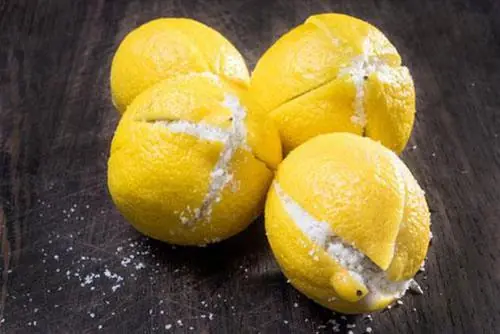
Little-known benefits of placing lemon with salt in the room
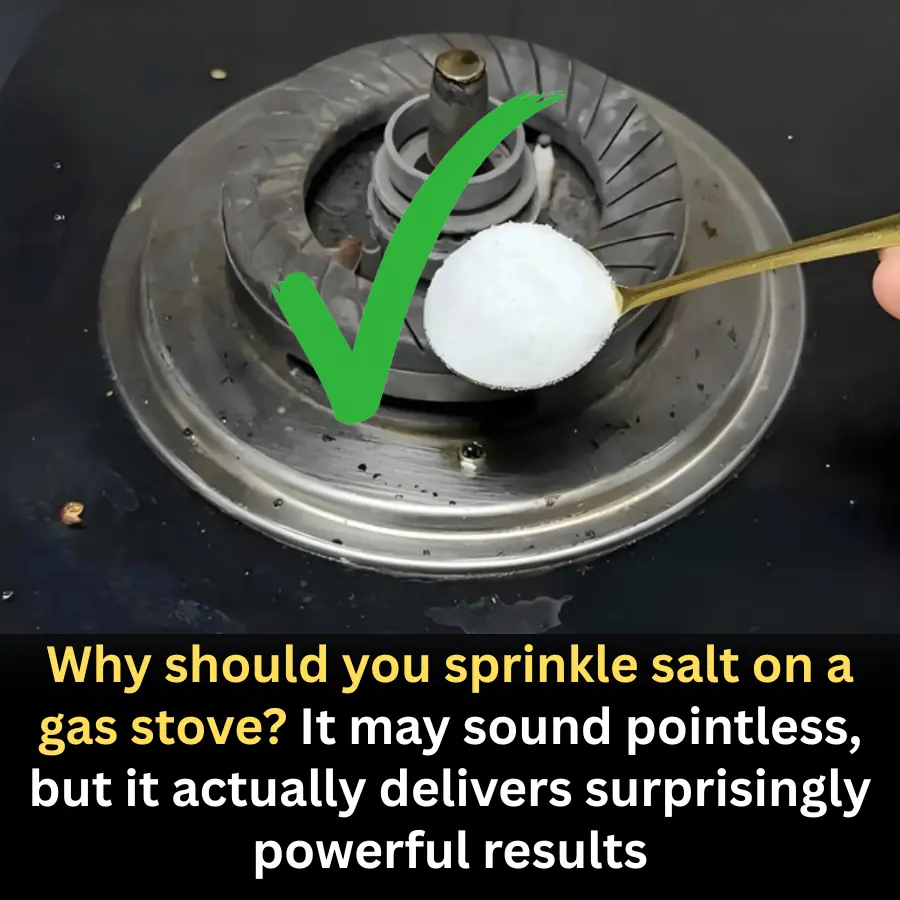
Why Sprinkling Salt on a Gas Stove Is a Smart Household Trick
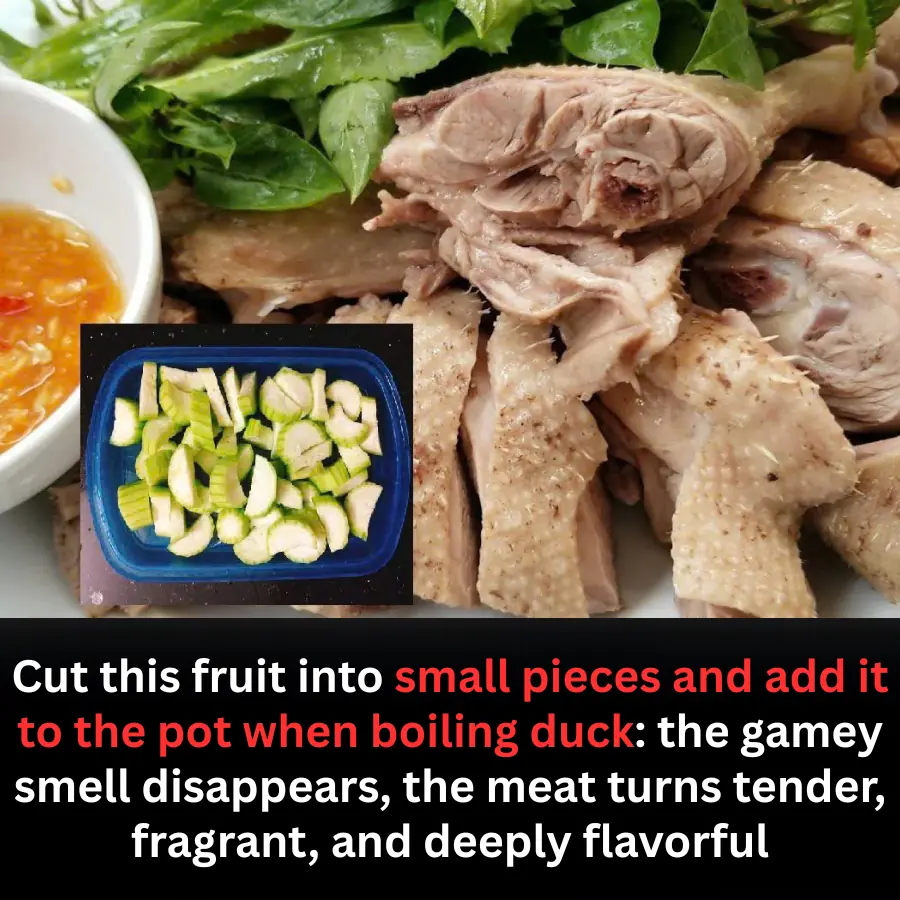
A Simple Kitchen Trick: Add This Fruit When Boiling Duck to Remove Odor and Boost Flavor

Never store your cooked rice without knowing this
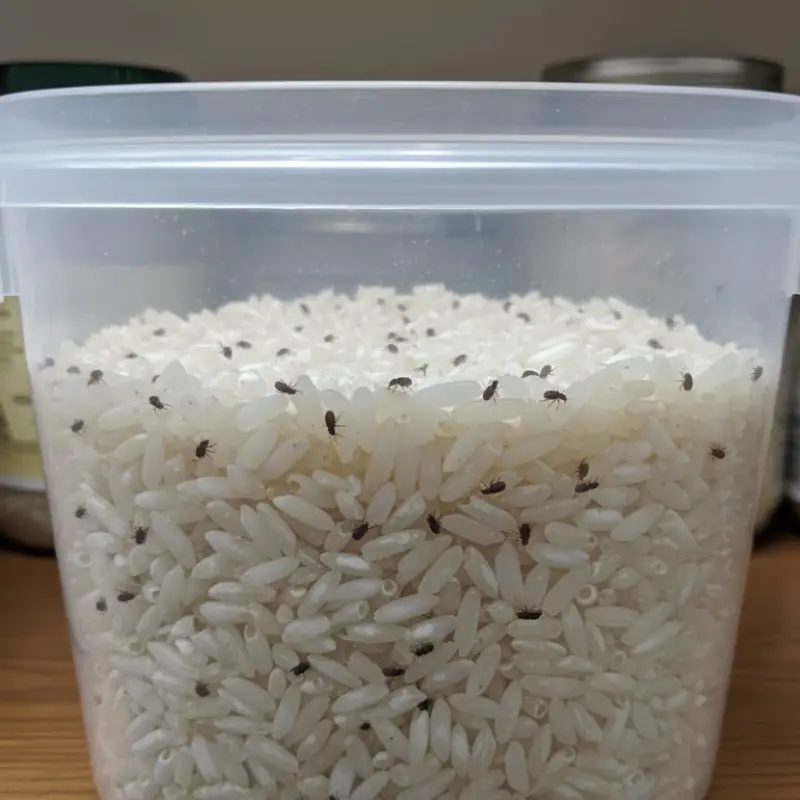
How to store rice to prevent insects and mold: Tips to keep rice fresh and flavorful

Why placing a roll of toilet paper in the fridge can effectively remove odors?
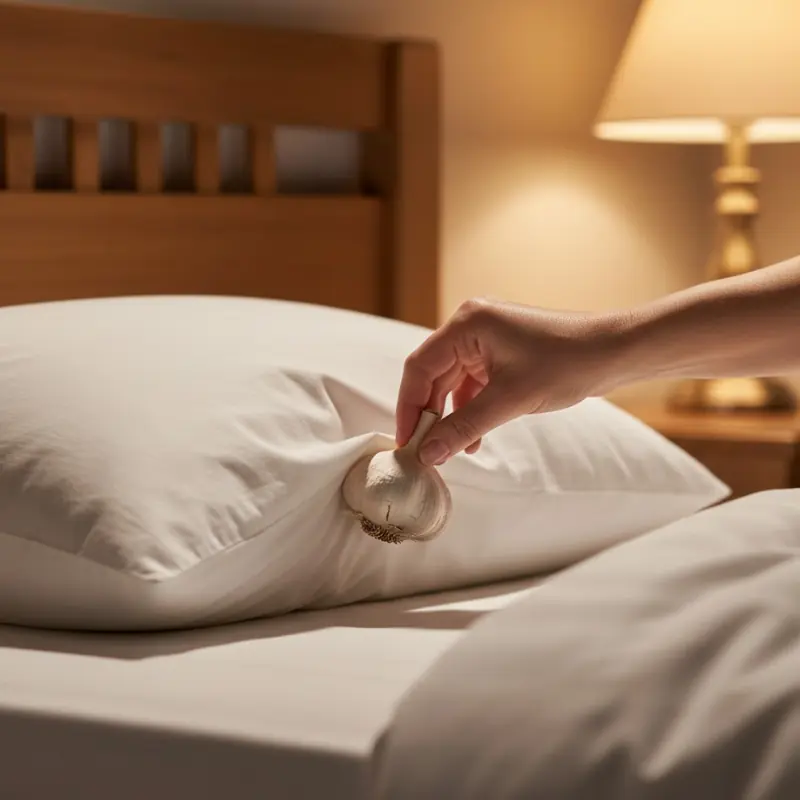
Why Should You Place Garlic by Your Bedside at Night? Everyone Will Want to Try It Immediately

6 plants that snakes are strongly attracted to, and 3 that naturally keep them away
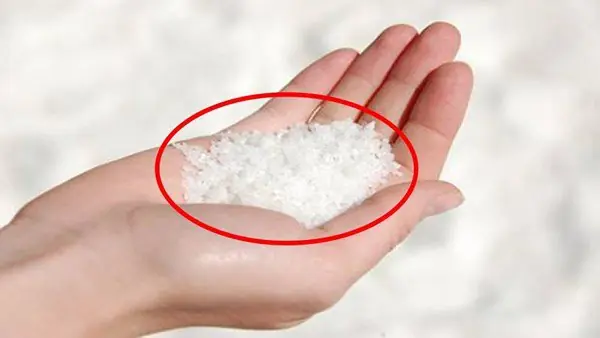
Sprinkling salt in door cracks: A simple habit with surprising meaning and practical benefits
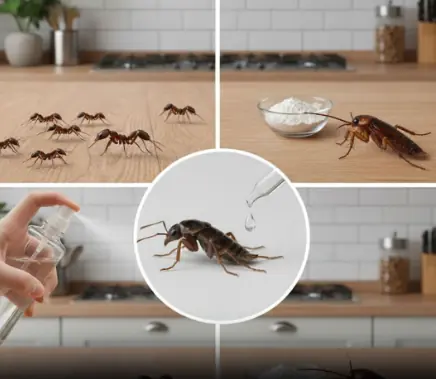
Goodbye fleas, ants, and cockroaches with this home remedy
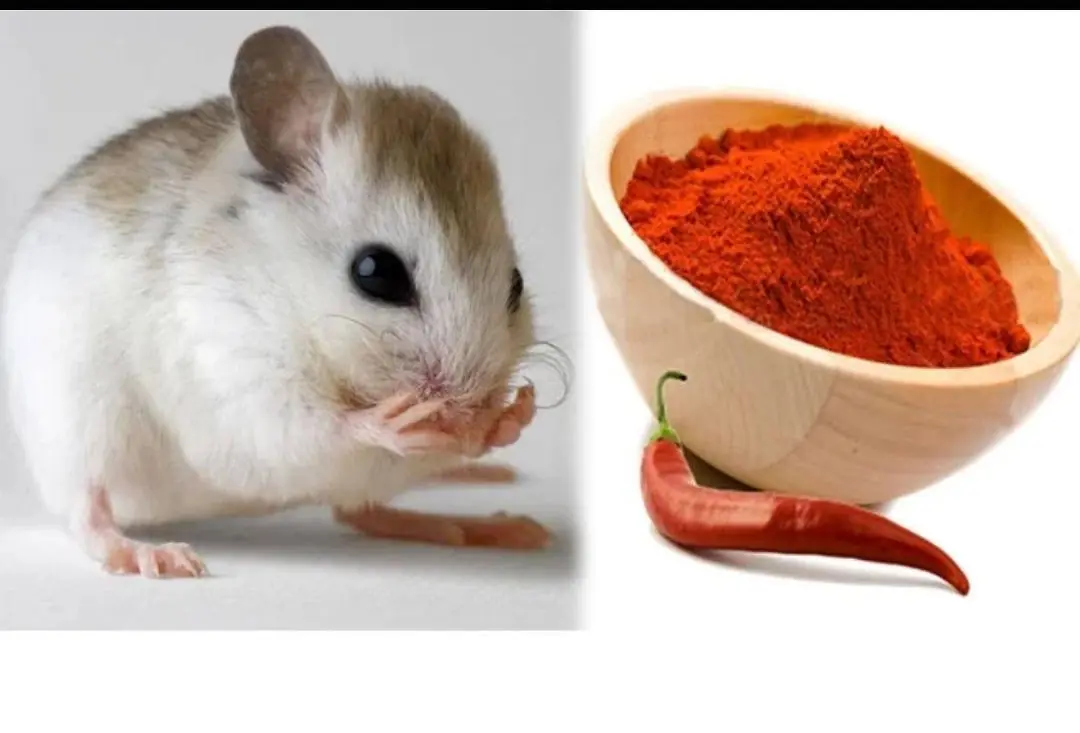
3 Easiest Ways to Get Rid of Mice in Your House
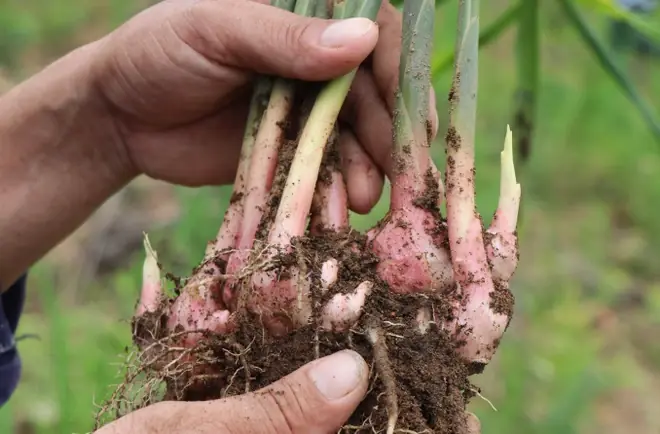
How to grow ginger at home easily and enjoy fresh ginger all year round
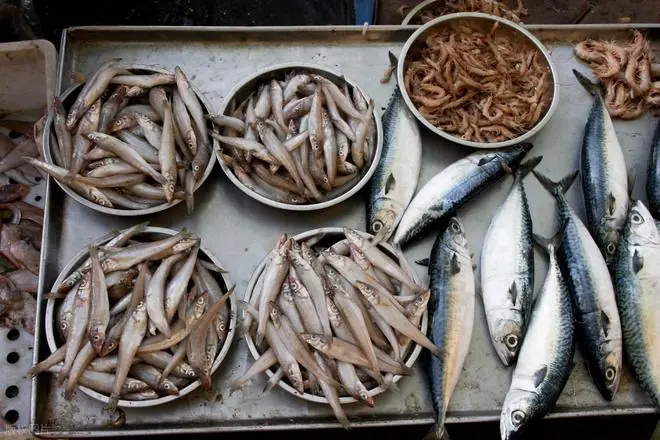
4 Types of Fish That Are Prone to Heavy Metal Contamination — Even Sellers Rarely Eat Them

Electrical devices to unplug during storms, thunder, and lightning

The Military Sleep Technique That Can Help You Fall Asleep in 2 Minutes

Why shouldn't you set the air conditioner to 26°C at night?
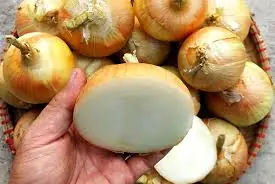
9 out of 10 people store onions incorrectly: Here's why you shouldn't keep them in the fridge

Smart travel tip: Why you should toss a water bottle under your hotel bed?

Don't throw away your yellowed white shirts - try this soaking method to make them bright and as good as new
News Post
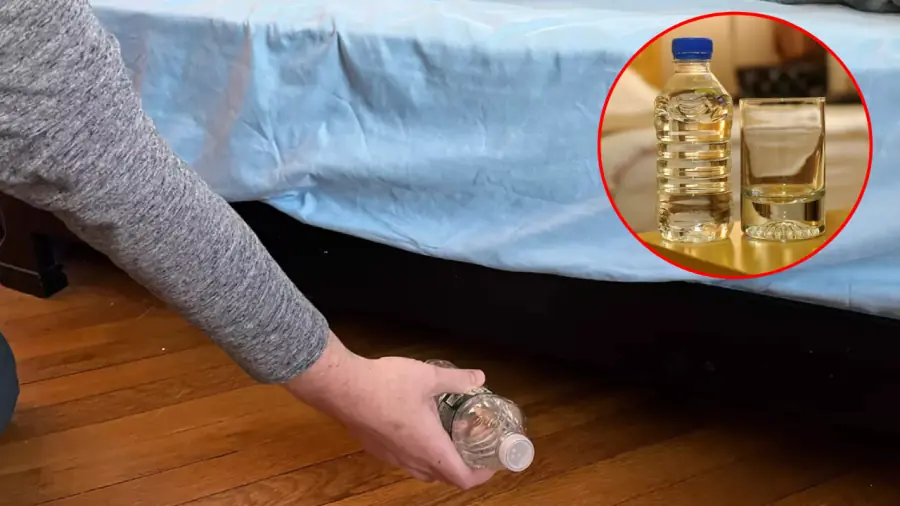
Always Throw a Water Bottle Under the Hotel Bed: A Flight Attendant Reveals Why

Drinking These 4 Common Beverages Could Be Harming Your Kid.neys
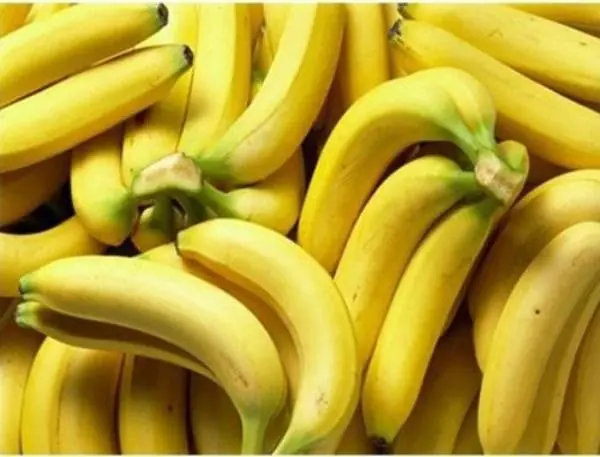
What a Daily Banana Could Mean for Your Blo.od Pressure?
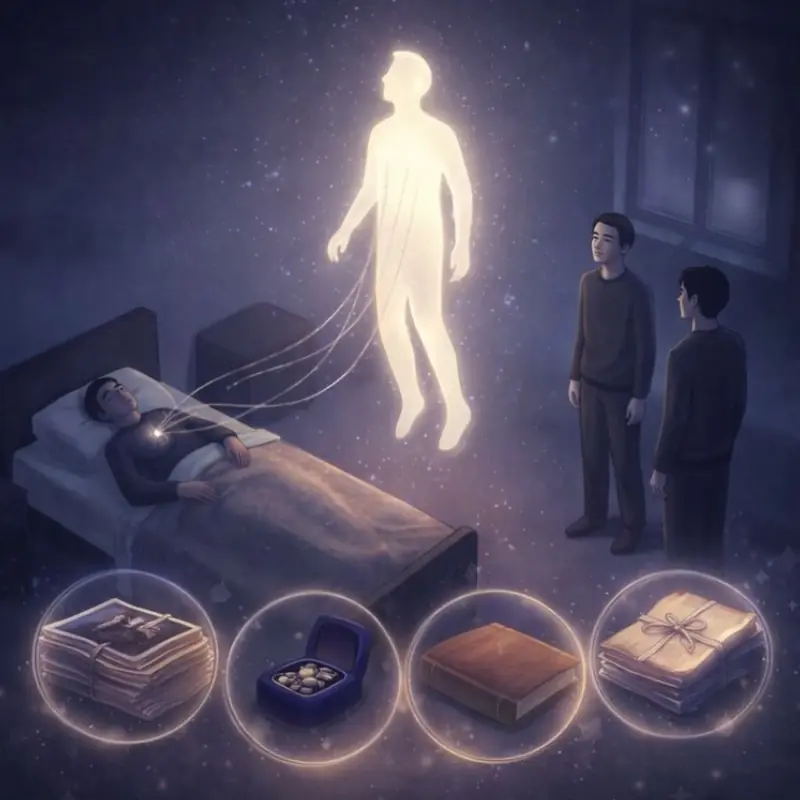
When a Family Member Passes Away, Don’t Throw Away These 4 Important Things

Waking Up at Night to Urinate? Read This

A 14-Year-Old Girl Diagnosed with Colorectal Can.cer: Doctors Warn—It’s Better for Children to Skip Breakfast Than Eat These 4 Types

Every woman likes to be touched in these "3 places" on her body, especially the first place

Plants That May Attract Snakes to Your Home: What You Should Know
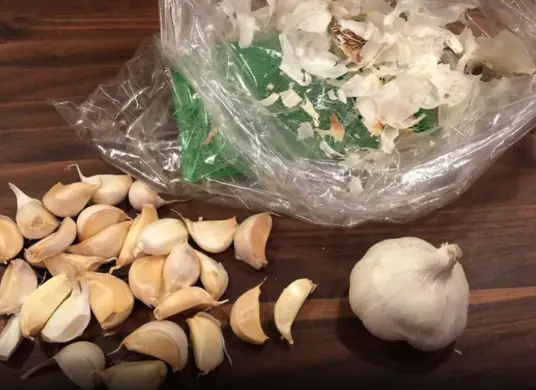
Garlic peels are not trash, don't rush to throw them away

Say Goodbye to Joint and Foot Pain with a Relaxing Rosemary Bath

If You See A Man With One Painted Fingernail, Here’s What It Means

Dog ticks bit 3 people in a family, 2 died: If you can't keep them clean, don't keep them, they're full of diseases
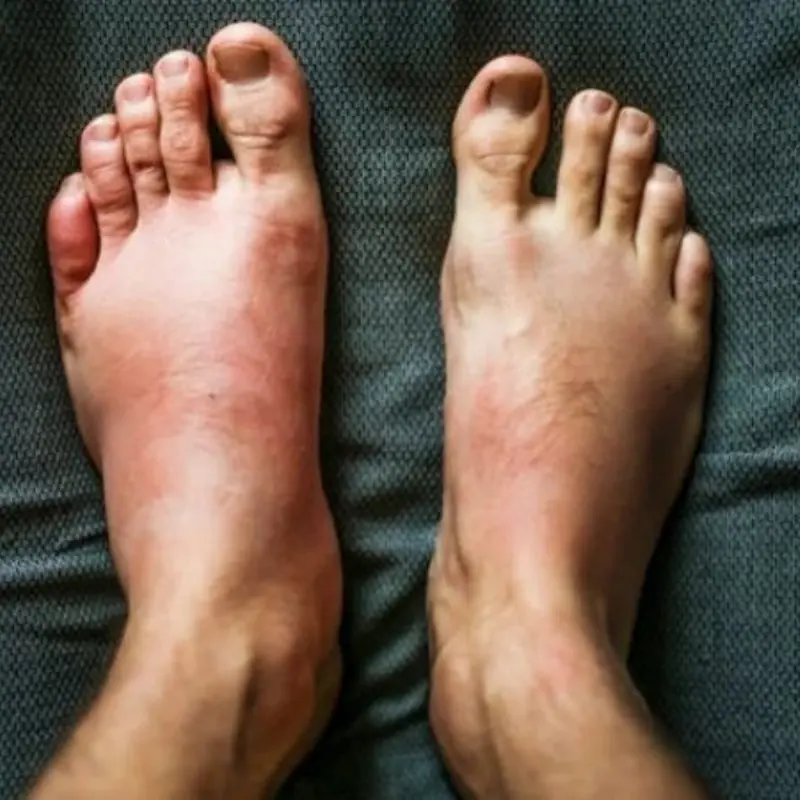
Don’t Ignore These 7 Early Heart Attack Warning Signs
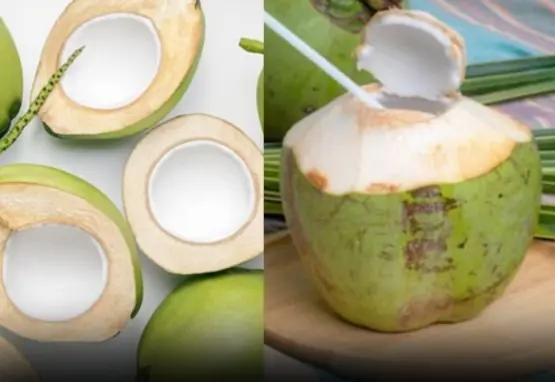
Drink coconut water on an empty stomach for 7 days, kill 10 birds with one stone: it's a waste not to try it
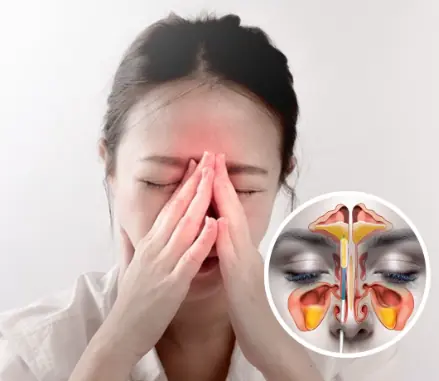
8 Natural Remedies for Sinus Infections That Work Without Antibiotics
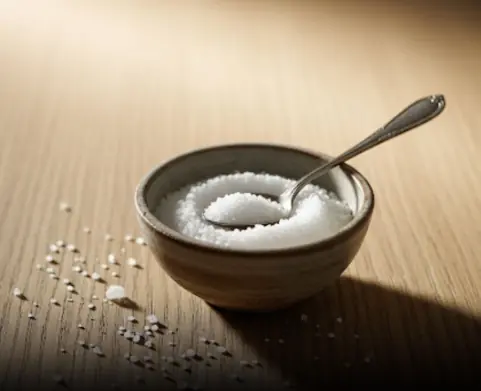
This One Superfood Could Tackle Major Health Issues—Here’s What You Need To Know

If You’re Farting More Than 25 Times a Day—It Might Be a Sign Your Body is Trying to Warn You

Preventing Stroke At Any Age: 3 “Don’ts” After Meals—And 4 “Don’ts” Before Bed
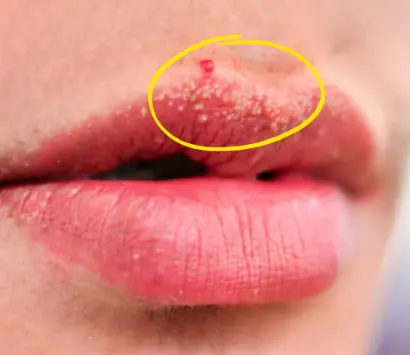
Why You Might See Unusual White Bumps On Your Lips Or Genitals
